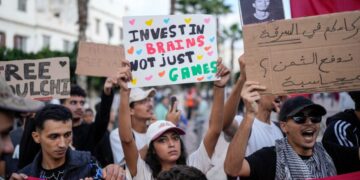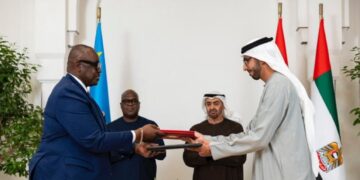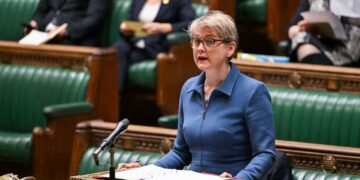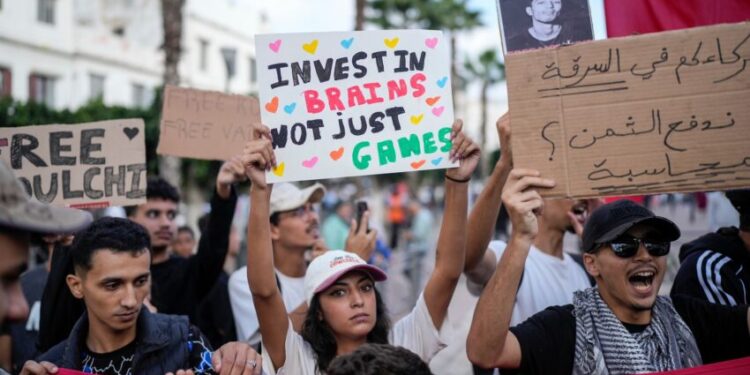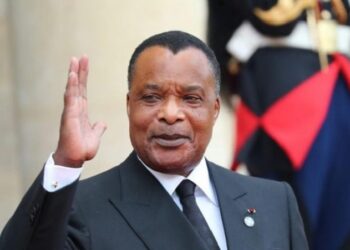Thousands of young Moroccans have taken to the streets in recent weeks, demanding better job opportunities, healthcare, and education, as frustration mounts over the government’s multibillion-dollar investment in World Cup infrastructure.
In cities like Casablanca, Rabat, and Fez, protesters have decried what they describe as misplaced priorities by authorities, who are pouring $500 million into building the Grand Stade Hassan II in Benslimane, a small city of about 70,000 people. The massive project, named after the late King Hassan II, is the only new stadium being constructed from scratch for the 2030 FIFA World Cup, which Morocco will co-host with Portugal and Spain.
When completed in 2027, the stadium is expected to seat 115,000 spectators and could host the tournament’s final match. But many Moroccans question the logic of spending such vast sums on a three-week sporting event while youth unemployment remains high and public services deteriorate.
“The youth are angry because they feel ignored,” said one protester in Casablanca. “We don’t need more stadiums — we need jobs, hospitals, and schools,” he added.
Analysts say the unrest underscores a widening gap between Morocco’s economic ambitions and the everyday realities facing its young population. Despite years of investment in infrastructure and tourism, unemployment among Moroccans under 30 remains persistently high, fueling discontent and eroding trust in government promises of inclusive development.
While the government hopes the World Cup will boost Morocco’s global image and attract investment, critics argue that the benefits will largely bypass those most in need. For now, the chants on Morocco’s streets are not about football glory, but about a generation’s demand for dignity and opportunity.
